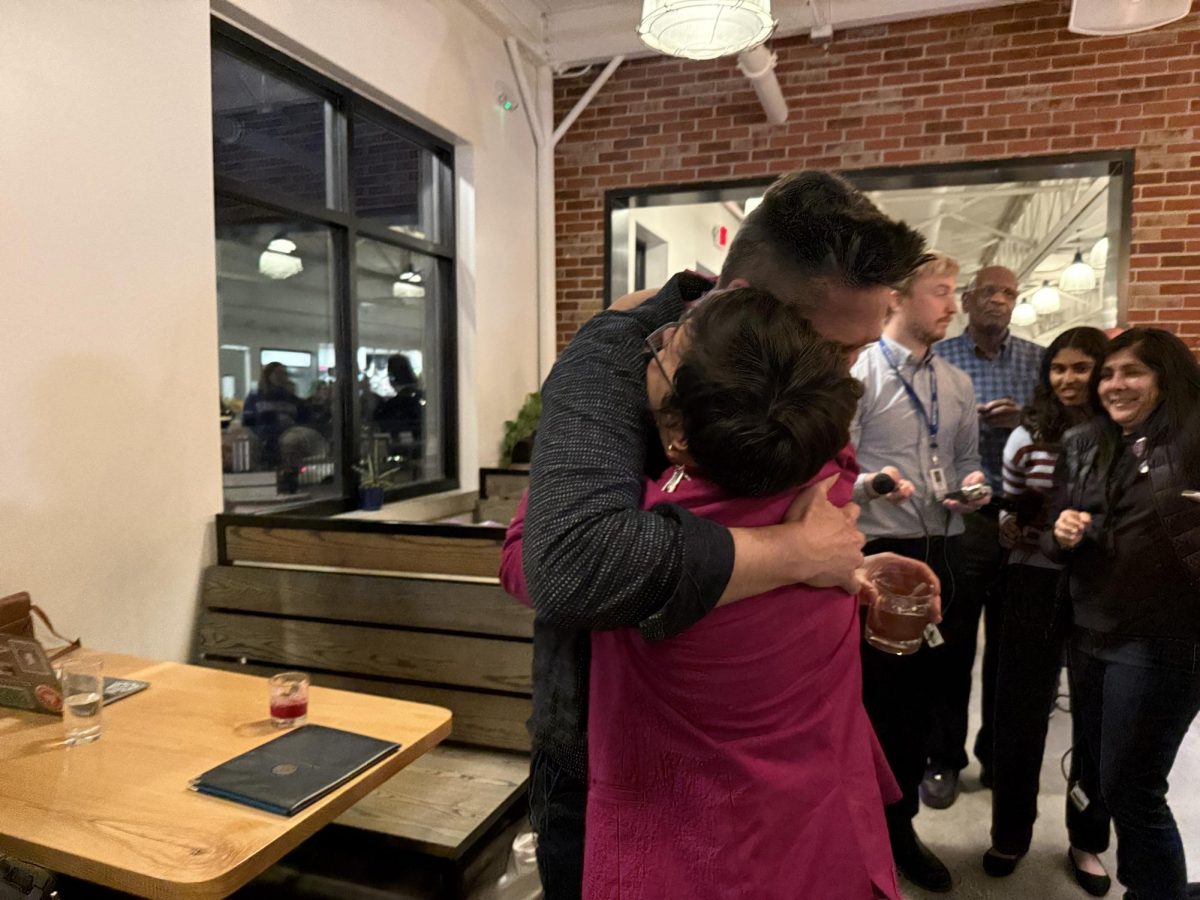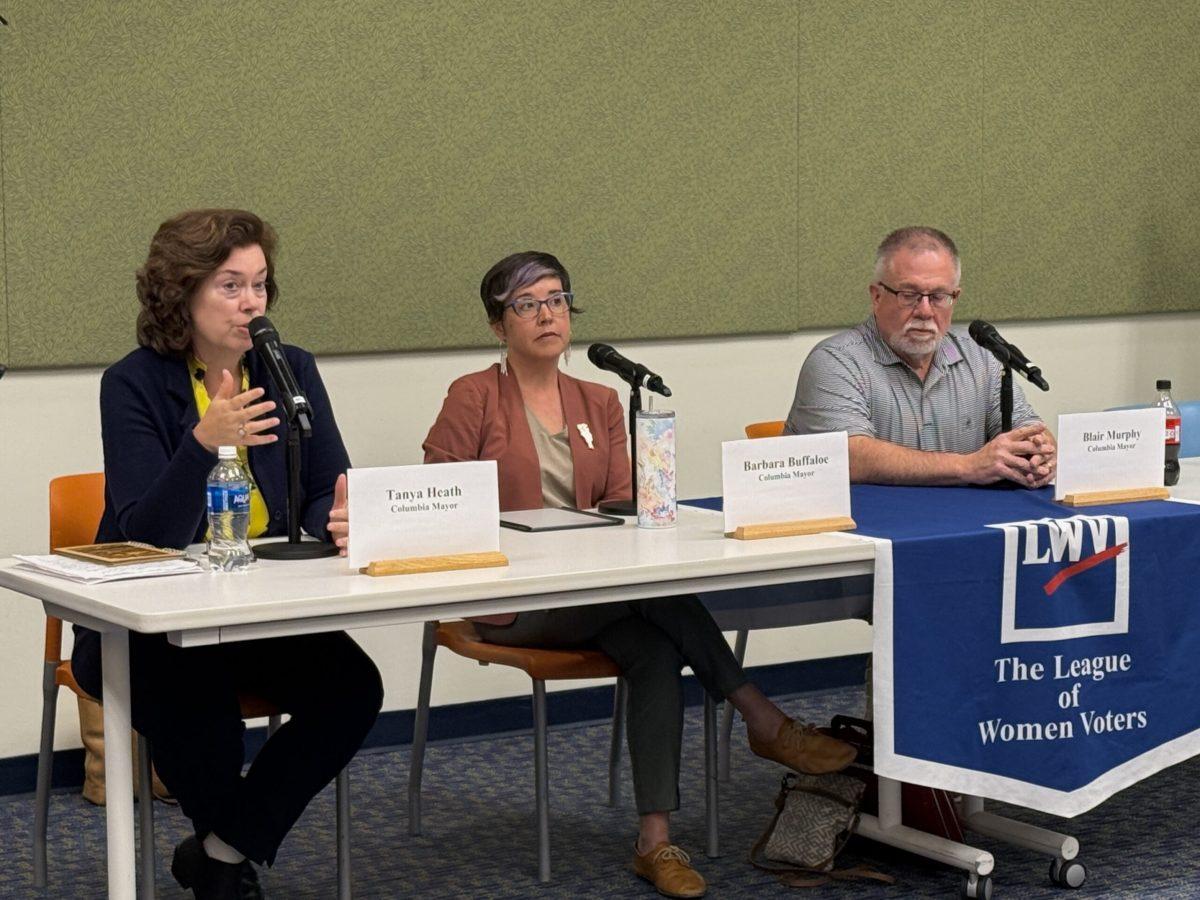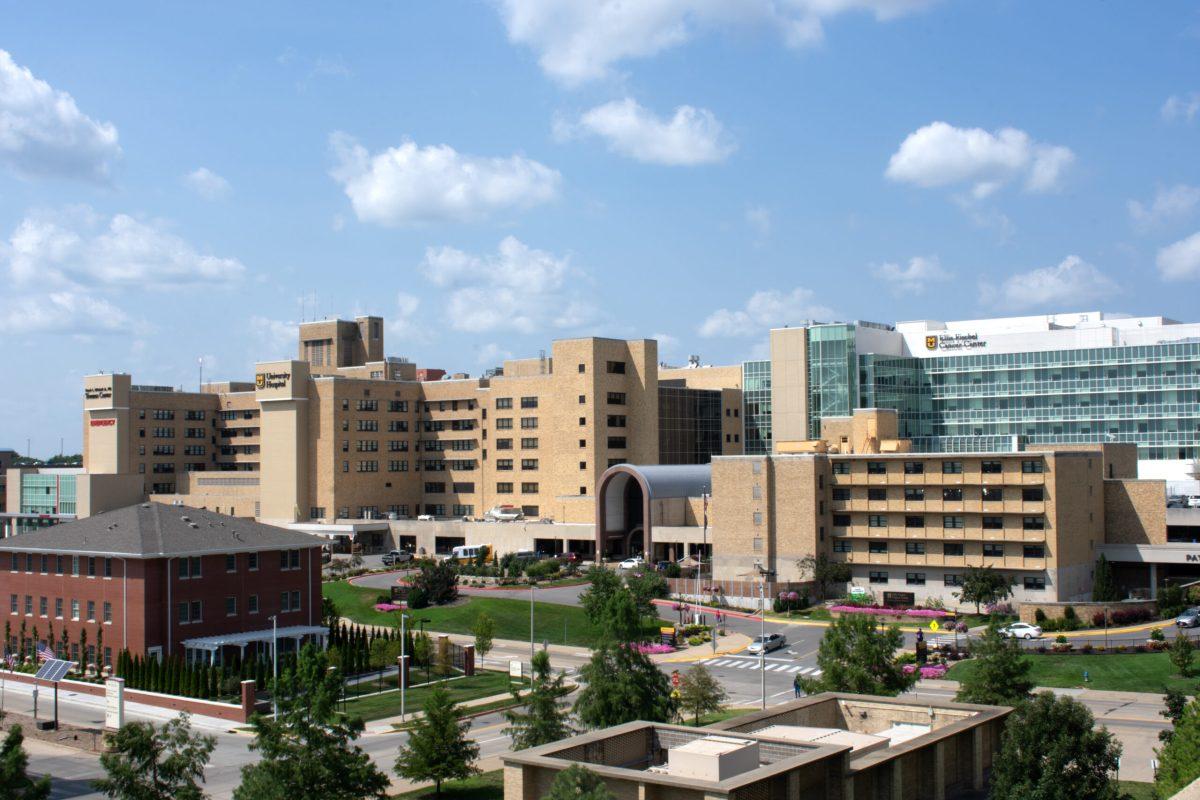Assistant professor Brian Houston was awarded a $2.4 million grant through the Substance Abuse and Mental Health Services Administration to establish a Terrorism and Disaster Center at MU.
A member of the communication department, Houston said he is excited and humbled to be awarded the largest grant the department has ever received. The main goal of the center will be to help people manage disasters.
“We’ll focus on a few different projects,” Houston said. “All the projects generally focus on disaster and mental health, especially for children, family and communities. So that’s the idea of how you can help children, family and communities prepare for, respond to and recover from natural and man-made disasters.”
Some of the projects will be focused on Joplin and the effects of the 2011 tornado, New Orleans and the effects of Hurricane Katrina and the Gulf Oil Spill, and Kansas City and St. Louis and the effects of disasters and ongoing community violence, Houston said.
These projects will look into helping community and mental health, developing resources and preparing people for future disasters.
The grant will fund his work and the work of the Terrorism and Disaster Center for the next four years, Houston said. He plans to hire a social worker and graduate students to work for the center. The center will work with faculty at the University of Oklahoma’s Terrorism and Disaster Center and the community providers in each of the areas in which the projects are centered.
“A lot of this will be virtual in that people may be other places, will be traveling and will be connecting via technology,” Houston said. “But the core of the center will be here and with the other partners out in the world.”
The center will have a positive statewide impact as well as positive effects on MU itself, said Mitchell McKinney, associate professor in the communication department and director of graduate studies.
“From a school standpoint, Brian (Houston) will be working with students, graduate students and others who have an interest in training or careers in crisis communication and disaster relief,” McKinney said. “The center will allow them to be associated and affiliated with an entity that’s really set up in dealing with crises and disasters that may occur.”
The grant is a “wonderful” accomplishment for Houston, graduate student Joy Cox said. He teaches her Introduction to Graduate Studies class, and she said in getting to know his work, she thinks he will be able to accomplish a lot and provide a great asset to many communities.
“I think that (the grant) speaks a lot to communication as our department and as a profession because communication is incorporated in so much of our daily lives,” Cox said.
The grant will help fill a gap in disaster research in Missouri, Houston said. There is a need for a Terrorism and Disaster Center in the state because of the tornadoes, flooding, droughts and big snowstorms the state has encountered in recent years.
“No matter what happens, we will always have more disasters,” he said. “It’s not a thing that is ever going away. There may be lulls where things seem calmer than other times, but there will always be more disasters. We can always know more and be better prepared and be better able to respond and recover.”






